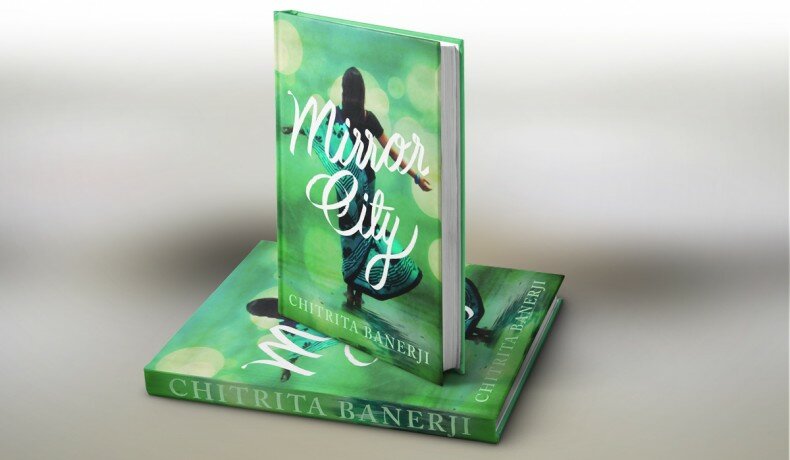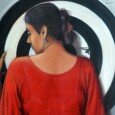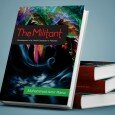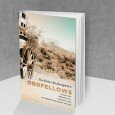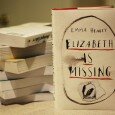By Rabia Ahmed –
Chitrita Banerji’s ‘Mirror City’ is a compelling story that unfolds well against the ugliness of 1971, armies, political intrigue, and the assassination of Sheikh Mujib and his family
Banerji, a Bengali writer from India, has translated Satyajit Ray and Sunil Gangopadhyay’s novels from Bengali to English and written several books herself about the history, culture, religion and food of India. One of her recent books, ‘Eating India: An Odyssey into the Food and Culture of the Land of Spices,’ was published in the U.S. in 2007 and listed among the best new food books of 2008 by Time Out, London. This book, ‘Mirror City’ is Banerji’s first novel.
Mirror City is about the marriage of Uma a Hindu from Calcutta, and Iqbal a Muslim from Bangladesh, and about their life in newly independent Bangladesh in the 1970s. Uma and Iqbal, both Bengali, met and married in the U.S. After five years in that country they returned to Dhaka, Iqbal’s hometown in Bangladesh ‘separated from hers by a mere two hundred miles and an international border.’ As an Indian and a Hindu Uma is on shifting ground in Bangladesh where, says Banerji, culture and religion define a person regardless of practice, which should sound familiar to readers here. In Uma and Iqbal’s case it is Uma who ‘grew up in a family of puritanical non- drinkers’ and Iqbal and his friends who relish their alcohol.
Sub-continental readers are familiar with stories about inter cultural marriage. What makes this one different is the setting. There aren’t many English novels set in 1970s Bangladesh, although one of my favourites ‘Seasonal Adjustments,’ by Adib Khan is set against exactly that background.
Mirror City is a compelling story that unfolds well against the ugliness of 1971, armies, political intrigue, and the assassination of Sheikh Mujib and his family.
 In third world countries the ‘top layers’ of society are extremely thin and brittle. Banerji sketches this tiny community well. Everyone knows everyone else. Nothing is hidden for long. But in the end what makes the story readable as it is is Banerjee’s ability to get under the reader’s skin. She probes Uma’s agony at being disowned by her family, a fact that never leaves her mind as she tries to grasp at memories of Divali and Holi, like smoke from a distant fire. Banerji also puts her finger on issues faced by expatriates when they return to their own country. Iqbal, a university professor, once back home is ‘still amiable and intelligent, but there was a new reserve about him’. ‘Layers of omission, even harmless omission, but they formed slyly, insidiously, like a cataract in the eye.’ A lot less is now shared between Uma and her husband for whom Uma’s companionship is much less important now than in the first few years of their marriage when he was not surrounded by his childhood friends.
In third world countries the ‘top layers’ of society are extremely thin and brittle. Banerji sketches this tiny community well. Everyone knows everyone else. Nothing is hidden for long. But in the end what makes the story readable as it is is Banerjee’s ability to get under the reader’s skin. She probes Uma’s agony at being disowned by her family, a fact that never leaves her mind as she tries to grasp at memories of Divali and Holi, like smoke from a distant fire. Banerji also puts her finger on issues faced by expatriates when they return to their own country. Iqbal, a university professor, once back home is ‘still amiable and intelligent, but there was a new reserve about him’. ‘Layers of omission, even harmless omission, but they formed slyly, insidiously, like a cataract in the eye.’ A lot less is now shared between Uma and her husband for whom Uma’s companionship is much less important now than in the first few years of their marriage when he was not surrounded by his childhood friends.
Uma feels an intruder among her colleagues and is acutely aware of their resentment. Banerji says that Uma does not realise it but she stands out in this society with her outspoken ways…although that point, mentioned more than once, is not effectively demonstrated.
In this, her first novel, Banerji’s language is simple, but the dialogue is stilted and every person appears to speak the same way. Banerji might think about adopting some of Sidhwa’s ‘Janoos’ and other terms that make dialogue more convincing. Uma’s friend Aleem is an insipid character, a boring cut-out from a lesser novel. Banerji also contradicts herself such as when she says that ‘it was as though he (Iqbal) left the university behind in another country when he opened the door and walked into their apartment.’ But soon after says that Iqbal was already ‘immersed in reading one of the academic journals he had brought home with him.’
None of which takes away from the fact that Chitrita Banerji is a promising new writer whose subsequent books should be worth keeping an eye out for.
Banerji holds a Masters in English from Harvard and lives in Cambridge, Massachusetts.
‘Mirror City’ is available in paperback and is published in Viking by Penguin India in 2014, and by Penguin Books in 2015.
The writer is a free lance journalist based in Lahore





















































































